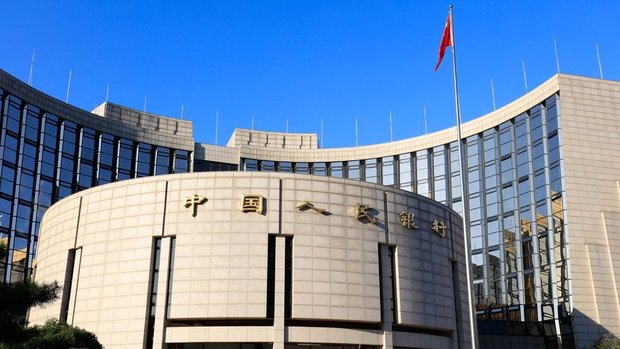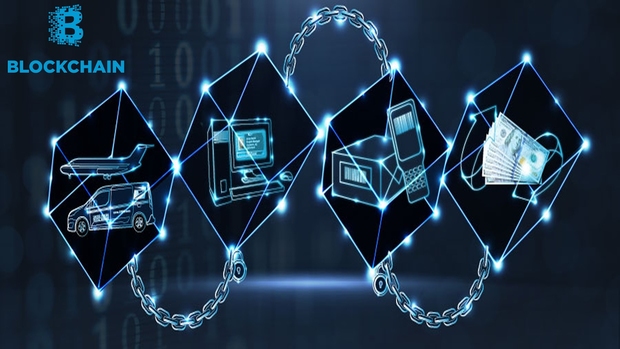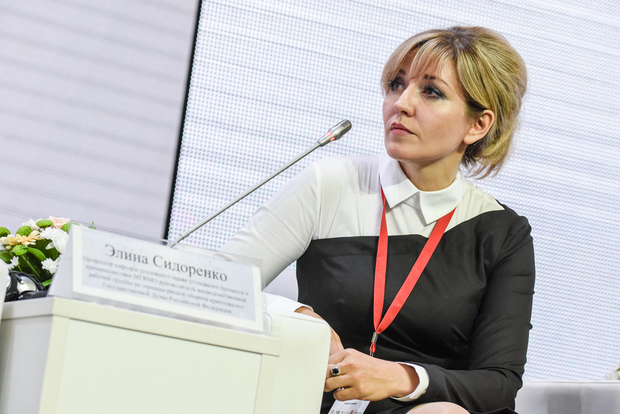''Cryptocurrency and ICO are interesting for the country from a perspective of observation, not introduction''
Interview with director of the Russian State Duma’s Cryptocurrency Turnover Risk Assessment Inter-Departmental Group Elina Sidorenko
China that many people call ''bitcoin's driver'' gradually tightens conditions in the industry of cryptocurrency sales: ICO was affected first, and local Bitcoin stock markets were hit several days before. How can PRC's such a position be explained? What does Russia think about this sphere? Why do our functionaries praise cryptocurrency while the Central Bank compares it with a bubble or gold rush? Should Russians invest in cryptocurrency or are risks too high? Doctor of Law, Director of Cryptocurrency Turnover Risk Assessment Inter-Departmental Group of the Russian State Duma Elina Sidorenko answered Realnoe Vremya's questions.
''China has paused to create a legal regulation basis''
China has been recently called the main bitcoin driver. And now PRC bans ICO and finally throws its ''final punch on the cryptocurrency sales industry'' – it is closing Bitcoin stock markets. Mrs Sidorenko, how do you think it can be explained?
China has always over-reacted to changes in the cryptocurrency market. In 2016, a big interest of investors in local cryptocurrency stock markets was received with a similar ban coming from the People's Bank of China. It led to an outflow of people from the country and reduction of the Bitcoin stock price. Then the politics changed a lot. It is important to understand that China is one of the major cryptocurrency makers – this country accounts for about 40% of the mining market. This is why the ban of any ICO can bring to quite sad consequences in the future.
In my opinion, the ban that was not imposed at the legislative level but recommendations of the People's Bank shows that China has paused to evaluate this issue and create a legal regulation basis. It also says that China is not prepared for a spontaneous market development that was seen during an active commodity exchange. Now China is interested in making this market professional – for this purpose, it needs to define what a cryptocurrency and ICO are at the legislation level and also decide whether natural persons can be investors in this kind of projects. I suppose that then China will become a power with completely different cryptocurrency market with a higher development level. If we have a look at Eastern philosophy, China has chosen Confucius' famous principle that has the following meaning: when everybody stands you run, when everybody runs you stand. China stopped to create good regulation for itself and then continue developing this topic at a completely new level.

''The ban that was not imposed at the level of law but recommendations of the People's Bank shows that China has taken a pause to evaluate this issue and create a legal regulation basis.'' Photo: bankofchina.com
Does it mean that there is no rejection of cryptocurrencies by Chinese authorities that some experts speak about?
No, of course. Chinese authorities have always had special repressiveness concerning certainly unacceptable things that pose even the smallest threat to the country's economic development. It is enough to remember mass killings of corruptors. If we believe independent estimates, about 10,000 people have been fired since the 2000s. that's to say, if China permits something or has a condescending attitude to something, it means this story is interesting for it. And the above-mentioned 40% of the mining market mean a lot.
''ICO gradually becomes a synonym of the word ''lie''
You already said that China has paused. What is the state of affairs in Russia? Do we, on the contrary, rush as fast as possible?
Now Russia is among those countries that have kept a low profile at the legislative level. For this reason, I would warn startups against too risky projects, especially those that are linked to foreign investments.
I always tell that ICO can take place in Russia but only if norms of the current civil legislation are met and any other name is given to it. For instance, tokenisation can be chosen, but not ISO in the full sense of this term. The thing is that ICO has recommended itself not on the plus side during its existence – it gradually becomes a synonym of the word ''lie''. We also need to note that a serious ICO market collapse is expected by 2018, though new interesting projects with distributed rosters (for instance, DAO) are to come to substitute it. Nevertheless, we can't say that Russia is ''rushing in haste'' until the regulation of ICO is adopted.

Blockchain is good for creation of rosters, cooperation between banks, development of transnational economic relations. In these spheres, the blockchain technology is out of competition
As for startups, I can say the following: now Russia is full of interesting technological ideas and economic solutions. Unfortunately, now they don't have a serious legal basis. In this situation, the position of the People's Bank of China is close to me. It thinks that an independent legal expertise needs to lie under any ICO project.
Why do Igor Shuvalov, Vladimir Putin tell about the interest in blockchain technology, cryptocurrencies a lot?
Let's make it clear: they express a positive attitude to the blockchain that has a basis. Cryptocurrency and tokens, in turn, are one of the derivatives of this technology. The blockchain is good for creation of rosters, cooperation between banks, development of transnational economic relations. In these spheres, the blockchain technology is out of the competition because it denies preservation of data on servers in itself, it is safe and universal. This is why these spheres are interesting for the country from a perspective of observation, not introduction.
''If people are ready to risk – they can do how they want''
Nevertheless, Minister of Finance Anton Siluanov has just recently stated that Russia will face legalisation of cryptocurrencies. I mention the position of these officials to ask you to specify whether Russia has one opinion about this sphere. The Central Bank doesn't have such a positive but even a bit inimical attitude to cryptocurrencies like the above-mentioned figures.
I don't presume to explain the words of the ministries because they think about their own goals and tasks. Cryptocurrency certainly needs to be legalised. However, we need to understand that legalisation doesn't mean its permission everywhere. In this case, we are talking about putting cryptocurrency in certain legal frames.
As soon as there is a definition of what cryptocurrency is at the legislative level, we will be able to regulate it, open criminal cases and took swindlers to court. We should not understand legalisation as permission. In this case, it is regulation.

''Cryptocurrency certainly needs to be legalised. However, we need to understand that legalisation doesn't mean its permission everywhere. In this case, we are talking about putting cryptocurrency in certain legal frames.'' Photo: Oleg Tikhonov
Mrs Sidorenko, do you think ordinary citizens should enter this ''cryptostory'' now?
I would urge Russians and big business to stay clear from too risky investments. Ordinary citizens often don't have real knowledge about the market whose players are hysterical now because they don't understand the legal nature of this occurrence. The project is interesting for long-term investments only if the person has the necessary knowledge or at least knows about some legal guarantees. However, I will remind that now there are no legal guarantees for cryptocurrencies.
A person who invests in cryptocurrency needs to consider the following risks: the rate of tokens is quite volatile – it is able to suddenly fall; cryptocurrency stock markets are not regulated – the price of tokens can be easily manipulated by big players; countries can impose restrictions on sale and turnover of cryptocurrency: cryptocurrency can be over like a project that ''burst''. In addition, the person's e-wallet with money can be just stolen. However, he won't be able to defend his rights in court in either this or other cases I described. If people are ready to risk – they can do how they want.